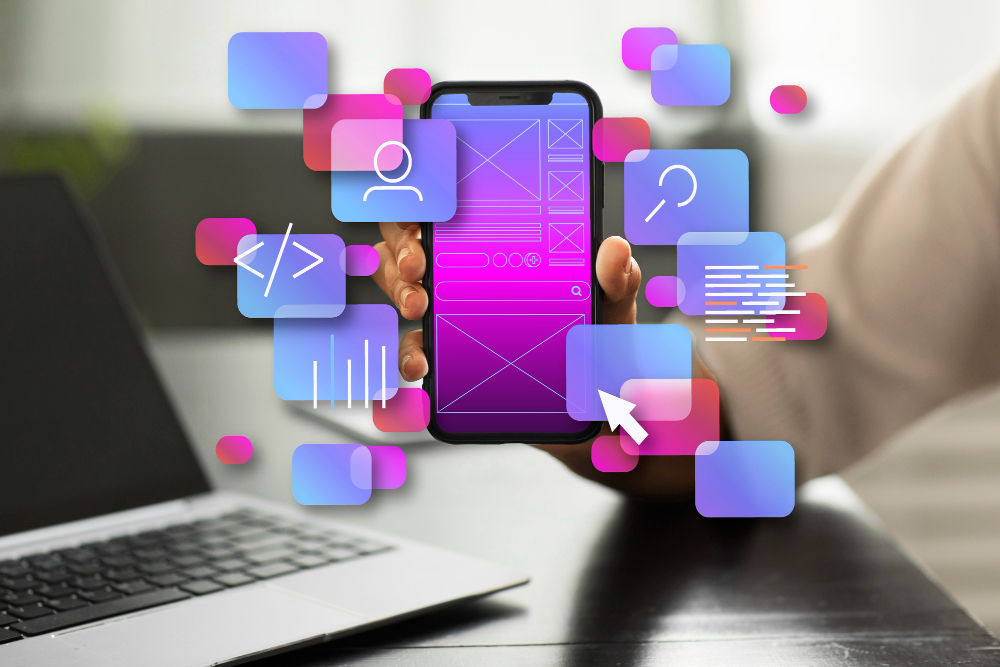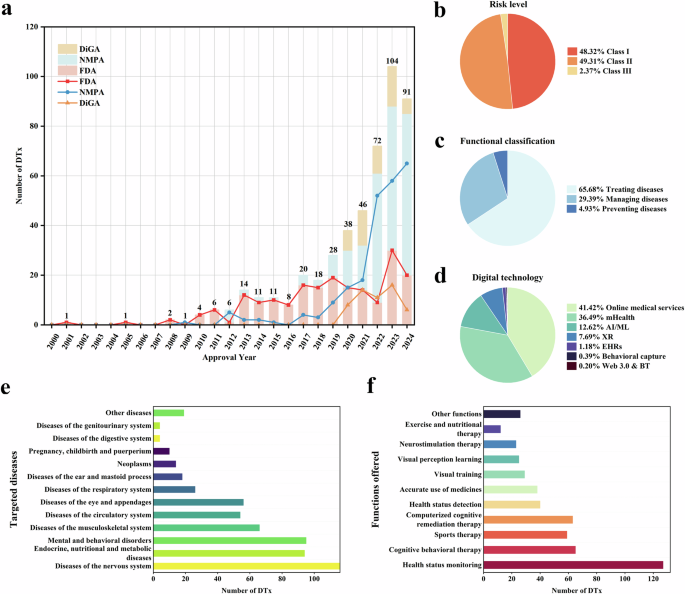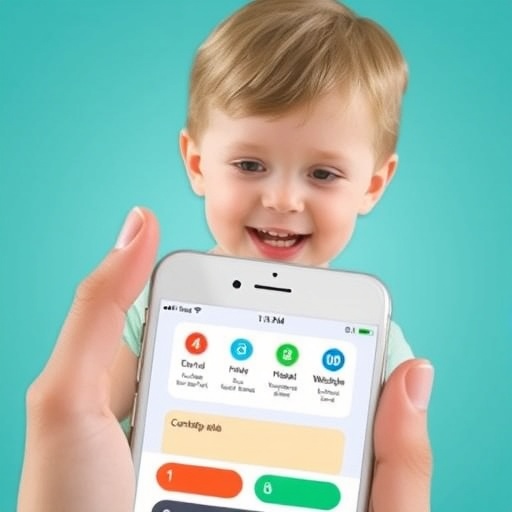Revolutionizing Healthcare The Transformative Role of Mobile


The global digital health market is poised for extraordinary growth over the next decade, with the market size projected to expand from USD 335.51 billion in 2024 to a staggering USD 1,080.21 billion by 2034. This impressive growth is anticipated at a compound annual growth rate (CAGR) of 13.1% between 2024 and 2034, fueled by several transformative trends that are reshaping the healthcare industry.
Download a Brochure of Digital Health Market: https://www.towardshealthcare.com/download-brochure/5040
At the forefront of this expansion is the widespread adoption of mobile health applications, or mHealth apps, which have revolutionized how patients and healthcare providers interact. These apps, which allow users to track and manage their health conditions, monitor fitness, and access medical advice on the go, are becoming an integral part of daily life for millions of people worldwide. The convenience, accessibility, and personalized care these apps offer have made them indispensable in the modern healthcare ecosystem.
In addition to mobile health apps, the penetration of advanced technologies such as artificial intelligence (AI), the Internet of Things (IoT), and big data analytics is driving the rapid transformation of digital health. AI algorithms are enhancing diagnostic capabilities, enabling faster and more accurate decision-making in clinical settings. With the rise of smart devices, IoT is facilitating the seamless collection and exchange of health data, empowering both patients and healthcare providers with real-time insights. Big data is further enhancing healthcare by unlocking new patterns in treatment outcomes, improving preventative care, and optimizing healthcare delivery.
The convergence of these technologies is accelerating the digitalization of healthcare systems, empowering patients with more control over their health and enabling healthcare professionals to make data-driven decisions. As these technologies continue to evolve, they are expected to reduce costs, increase efficiency, and enhance the quality of care, all while making healthcare more accessible to a global population.
This market growth reflects the ongoing shift toward a more patient-centric, technology-driven healthcare model that prioritizes convenience, accessibility, and data-powered innovation. With increasing investments in digital health and a growing ecosystem of connected devices, the industry is well-positioned to deliver even greater advancements in the years to come.
Smart Health: An In-Depth Analysis of How Mobile Apps are Revolutionizing Healthcare
The healthcare industry has undergone significant transformation in recent years, driven largely by advancements in technology. Among the most impactful innovations is the rise of mobile health apps, which are redefining how individuals interact with their health and wellness. These apps are not just a passing trend but have become essential tools for managing everything from fitness goals to chronic disease management. As the healthcare sector continues to evolve, mobile health apps are playing a pivotal role in shaping the future of patient care, offering unprecedented access to medical resources and enabling better health outcomes.
Chronic Disease Management: A Game-Changer for Patients
One of the most compelling areas where mobile health apps are making a profound impact is in the management of chronic diseases. Chronic conditions like diabetes, hypertension, asthma, and heart disease affect millions of people worldwide, and their management often requires ongoing monitoring and frequent adjustments to treatment plans. In the past, this typically involved regular visits to healthcare providers, constant monitoring, and a significant amount of time spent on managing prescriptions and symptoms. Today, however, mobile health apps have emerged as essential tools for both patients and healthcare providers in the management of chronic diseases.
Mobile health apps are designed to help patients track key health indicators in real-time, providing them with instant feedback and insights into their condition. For instance, diabetes management apps enable users to track their blood glucose levels, set medication reminders, log meals, and monitor physical activity, all in one place. Some apps even connect to wearable devices like glucose meters or fitness trackers, providing continuous and accurate monitoring. This level of integration ensures that patients can stay on top of their health at all times, reducing the risk of complications and improving long-term health outcomes.
Furthermore, mobile apps help streamline communication between patients and healthcare providers. Through these platforms, patients can share their data directly with their doctors, allowing for timely interventions when necessary. In addition, patients can receive reminders for routine check-ups, medication refills, or important lifestyle changes. This level of proactive care ensures that patients are never left without support and that any issues are addressed before they escalate into more serious health problems.
As the prevalence of chronic diseases continues to rise globally, mobile health apps are becoming an integral part of disease management. The demand for these apps is expected to grow significantly, as they provide a more convenient, cost-effective, and efficient way for patients to manage their conditions.
The Rise of Wearable Technology: Enhancing Mobile Health Apps
In conjunction with mobile health apps, wearable technology has amplified the potential for improving patient outcomes. Wearables such as smartwatches, fitness trackers, and heart rate monitors can track a wide range of health data, from steps taken to calories burned, heart rate, sleep patterns, and even blood oxygen levels. These devices seamlessly integrate with mobile health apps, creating a comprehensive health management ecosystem.
The integration of wearables with mobile health apps offers several advantages. For example, patients with cardiovascular conditions can continuously monitor their heart rate and receive alerts if their heart rate exceeds a certain threshold, prompting them to seek medical attention if necessary. Similarly, patients with diabetes can use continuous glucose monitoring systems (CGM) that transmit real-time glucose data to their mobile health apps, allowing them to make immediate adjustments to their insulin doses or dietary choices. This continuous feedback loop not only empowers patients but also provides healthcare professionals with a more accurate and up-to-date picture of their patients’ health.
As wearable devices continue to evolve, the data they collect will become even more sophisticated, offering more detailed insights into an individual’s health status. This will enable a more personalized approach to care, where patients receive recommendations and interventions tailored to their unique health profiles.
Mental Health and Wellness: Mobile Apps as Essential Tools
In recent years, mental health has emerged as a critical component of overall health and well-being. The stigma surrounding mental health has gradually diminished, and people are now more willing to seek support for mental health issues such as anxiety, depression, and stress. Mobile health apps have played a crucial role in making mental health support more accessible and convenient.
Apps designed for mental health focus on a range of therapeutic techniques, including mindfulness, meditation, stress management, and cognitive behavioral therapy (CBT). These apps provide users with guided meditation sessions, breathing exercises, mood tracking, and tools to manage their emotions in a healthy way. Many apps also allow users to track their progress over time, offering insights into patterns in their mental health and suggesting personalized interventions.
For individuals dealing with chronic stress, anxiety, or depression, these apps serve as an essential support system, providing a convenient and accessible means of coping with daily challenges. Some apps also offer virtual therapy sessions, where users can connect with mental health professionals for counseling or psychotherapy via video or chat, further breaking down barriers to care.
With the growing recognition of mental health as an integral part of overall health, the demand for mental health apps is expected to rise. As more people turn to their smartphones for mental health support, these apps are poised to become a mainstream solution for managing emotional well-being.
Telemedicine and Virtual Consultations: Bridging Gaps in Healthcare Access
Another area where mobile health apps are revolutionizing healthcare is through telemedicine and virtual consultations. Telemedicine, which allows patients to consult with healthcare providers remotely via video calls, has gained tremendous popularity in recent years, particularly in the wake of the COVID-19 pandemic. Virtual consultations offer patients the convenience of receiving medical advice and treatment from the comfort of their homes, eliminating the need for in-person visits for non-urgent issues.
For patients living in remote or rural areas, telemedicine has been a game-changer, providing access to healthcare that may not have been available otherwise. Mobile health apps are at the heart of this transformation, allowing patients to schedule virtual appointments, upload medical records, and receive prescriptions without leaving their homes. This is particularly beneficial for individuals with mobility issues, busy professionals, and those with limited access to healthcare facilities.
Telemedicine also helps reduce the strain on healthcare systems by freeing up in-person appointments for more urgent cases. It also offers a more efficient way to manage follow-up appointments, allowing healthcare providers to monitor patients’ progress without requiring them to visit the office.
The Future of Mobile Health Apps: A Glimpse into the Future of Healthcare
As the healthcare industry continues to evolve, mobile health apps are set to play an even greater role in shaping the future of care. With advancements in artificial intelligence (AI), big data analytics, and machine learning, mobile health apps will become increasingly sophisticated, offering more personalized and predictive healthcare solutions. For instance, AI-powered apps could analyze patient data to identify potential health risks before they become major issues, allowing for early intervention and better health outcomes.
Additionally, the integration of mobile health apps with electronic health records (EHRs) and hospital management systems will further streamline patient care, enabling a more holistic and coordinated approach to healthcare. This could lead to improved communication between different healthcare providers, ensuring that patients receive the right care at the right time.
As we move toward a more digital and patient-centered healthcare system, mobile health apps will remain a cornerstone of this transformation. They are not just tools for managing health; they are empowering individuals to take an active role in their care, improving access to healthcare services, and enhancing overall well-being.
Source: https://www.towardshealthcare.com/insights/digital-health-market-is-key-to-a-healthier-future
Baner
Buy Premium Global Insight: https://www.towardshealthcare.com/price/5040
Review the Full TOC for the Digital Health Market Report: https://www.towardshealthcare.com/table-of-content/digital-health-market-is-key-to-a-healthier-future
Get the latest insights on industry segmentation with our Annual Membership https://www.towardshealthcare.com/get-an-annual-membership
About Us
Towards Healthcare is a leading global provider of technological solutions, clinical research services, and advanced analytics to the healthcare sector, committed to forming creative connections that result in actionable insights and creative innovations. We are a global strategy consulting firm that assists business leaders in gaining a competitive edge and accelerating growth. We are a provider of technological solutions, clinical research services, and advanced analytics to the healthcare sector, committed to forming creative connections that result in actionable insights and creative innovations.
We’ve prepared a service to support you. Please feel free to contact us at [email protected]
Web: https://www.towardshealthcare.com
For Latest Update Follow Us: https://www.linkedin.com/company/towards-healthcare
This release was published on openPR.
link






